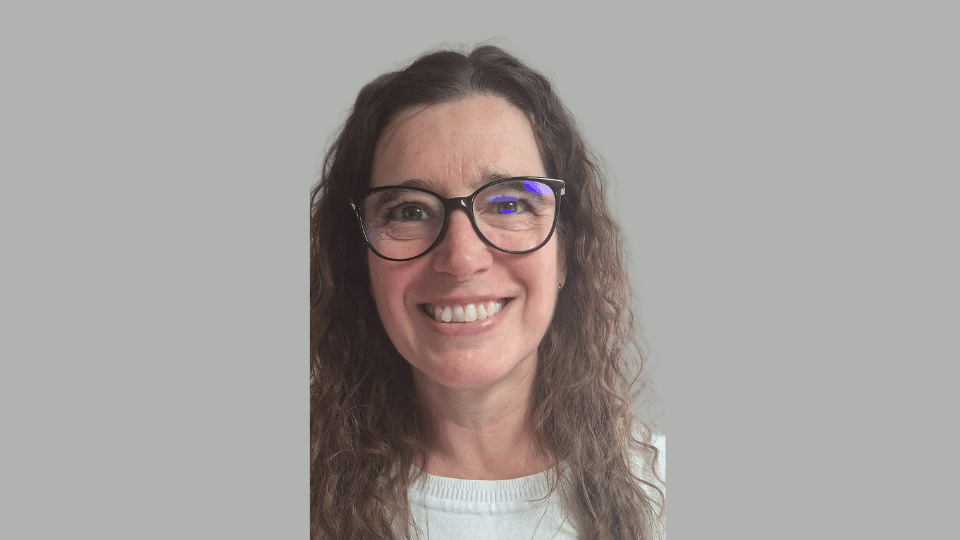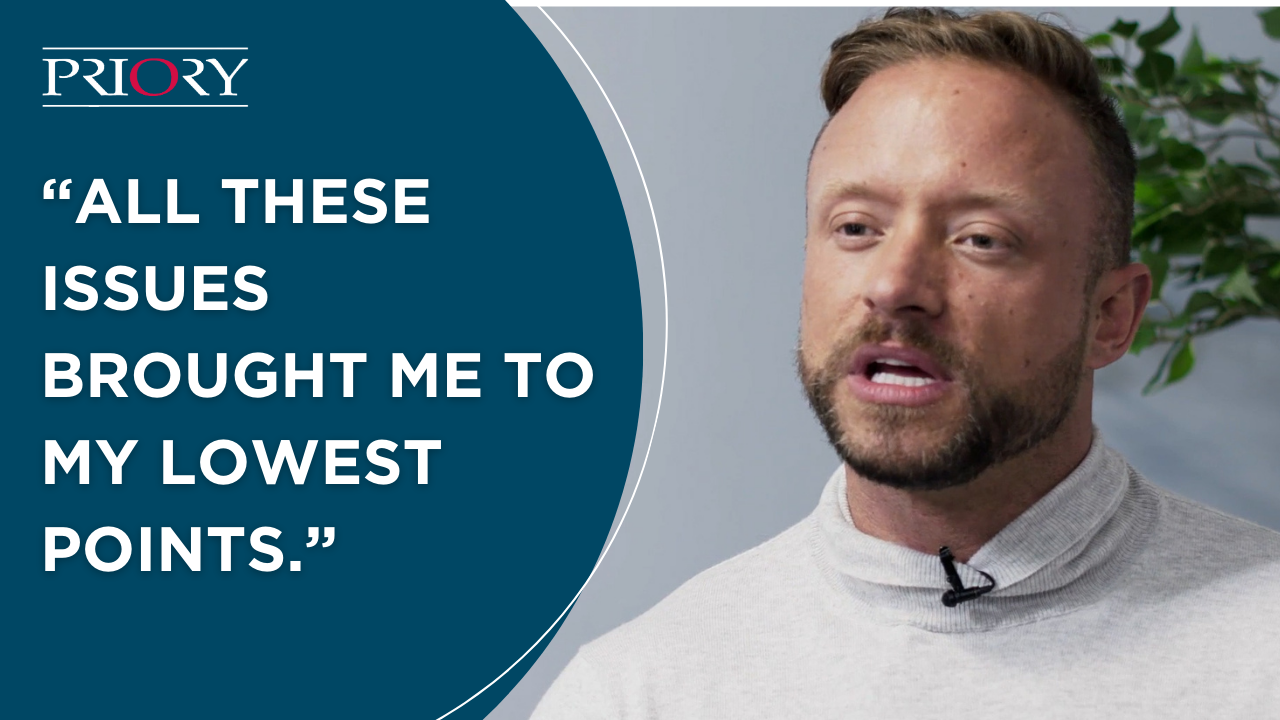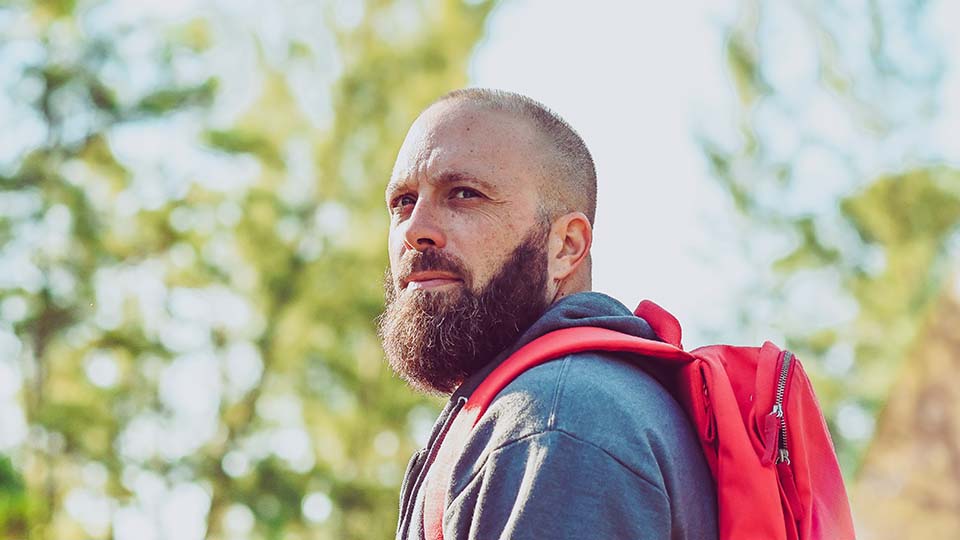Where to get a diagnosis
If you experience symptoms of anxiety and think you might have an anxiety disorder, there are several ways to get a diagnosis.
GP appointment
Contacting your GP can be a useful first step if you think you’re struggling with anxiety. They’ll talk to you about your feelings and thoughts, and any symptoms you might be experiencing. It’s likely that they’ll also conduct a physical examination to rule out any other conditions that might be causing your symptoms.
Based on this information, they’ll be able to diagnose anxiety if this is what’s causing your symptoms. They will also be able to offer different treatment options, such as medication or a referral to local NHS talking therapies.
If your anxiety symptoms are severe, complex or resistant to initial treatment, they might refer you to a mental health specialist.
Private assessment
You can also contact a private mental health provider, such as Priory, directly. A highly-trained and experienced specialist, such as a psychologist or psychiatrist, will conduct a detailed assessment of your condition and recommend appropriate treatment.
They’ll ask about your symptoms, medical history, lifestyle and any past treatments. Psychological screening tools and questionnaires may be used to assess the severity of your anxiety, and they’ll explore whether it’s linked to any other conditions, such as depression.
Based on this in-depth assessment, the specialist will recommend treatment options, which usually include therapy, medication and lifestyle changes.
| Assessment type | Benefits | Considerations |
|---|
GP Assessments | Free access to GP and NHS mental health services GP can diagnose and provide initial treatment | Longer waiting times for specialist services due to high demand Limited appointment times NHS support may not be holistic |
| Private Assessments | Fast access to assessment and onward specialist care Longer, more detailed assessments Tailored treatment plans Range of therapies available | Self-funded or funded via private medical insurance (depending on your cover)e |








